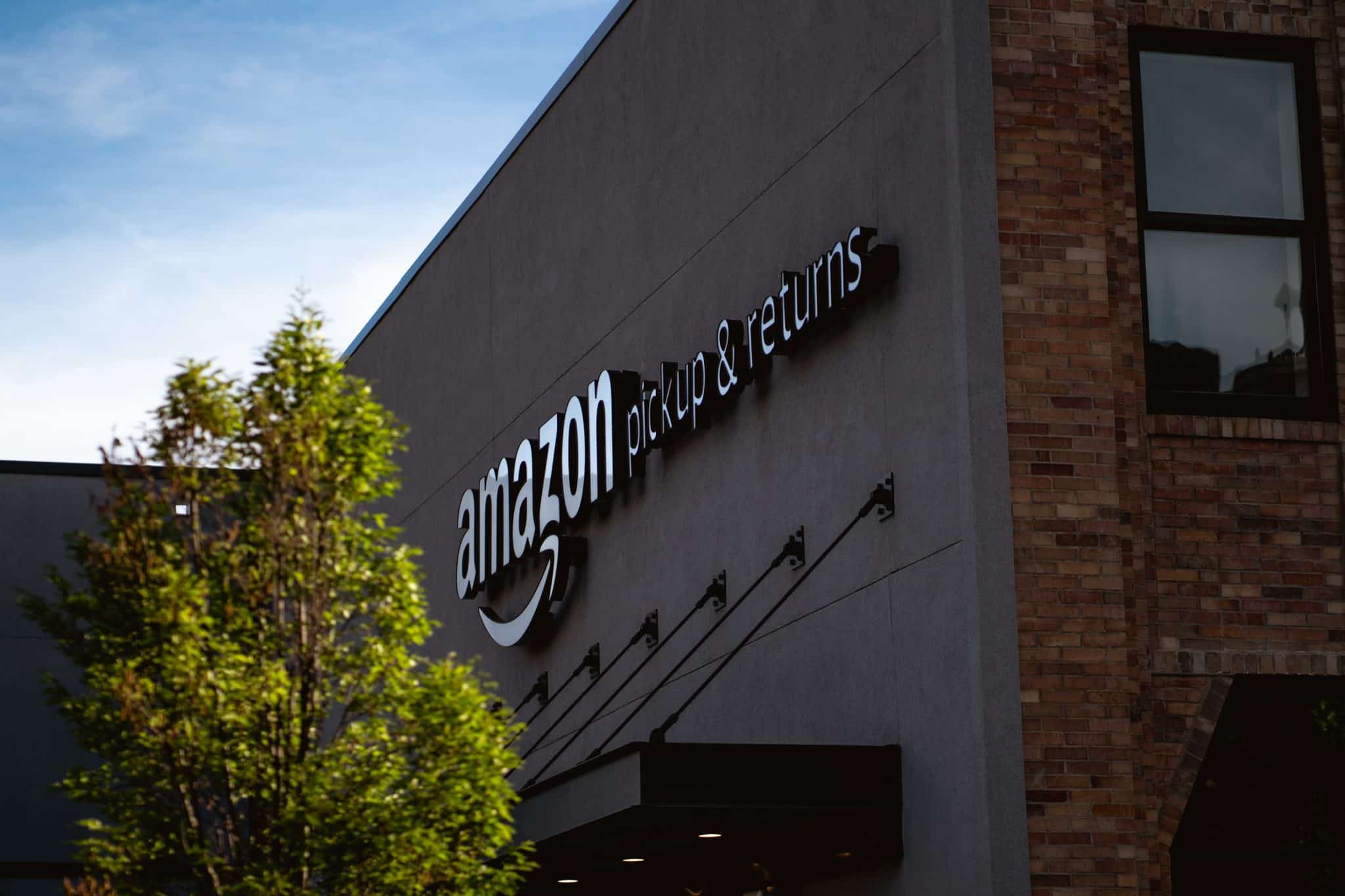
Ryan Gorman is a student at Harvard Law School.
Yesterday, a group of major unions filed a petition with the Federal Trade Commission (F.T.C.) asking the F.T.C. to investigate Amazon. The petition highlights a range of Amazon business practices that have received scrutiny over the past few years for the impacts such “anti-competitive” practices have had on Amazon’s workers, Amazon’s competitors, and its competitors’ workers. One issue the petition asks the F.T.C. to look into is whether Amazon’s practices artificially depress worker wages in the geographic locations where the company concentrates its business. The petitioning unions include the Teamsters, Communication Workers of America, United Food and Commercial Workers, and the Service Employees International Union. Unlike other tech giants such as Google and Facebook, Amazon is not currently under any public, formal investigation by the Department of Justice, nor has the company received F.T.C. scrutiny in the same way that Facebook has.
A group of California labor unions is asking state lawmakers to cut ties with the state’s largest cannabis trade association, alleging that the California Cannabis Industry Association (CCIA) recently distributed an anti-union white paper to its members. Under California law, cannabis stores that employ twenty or more workers are required to enter into “labor peace agreements.” These agreements vary across workplaces, but they typically center around a bargain between the company and labor organizers, wherein the company often agrees not to try to deter workers from joining a union and organizers agree not to strike. CCIA apparently told its member businesses that these labor peace agreements would likely lead to unionization, which in turn would cause employers to experience “decreased flexibility and increased costs.” With over 500 members companies, CCIA is the most powerful cannabis lobbying group in the state. Labor unions are now pushing for stronger regulation of the industry’s labor practices, including expanding the requirement for labor peace agreements to cover all cannabis companies that employ at least five workers.
A recent op-ed in the Beaverton Valley Times argues that employers should not be allowed to use mandatory meetings to proselytize to workers about particular political causes—and that there is nothing legally preventing states from outlawing the practice. The authors—Graham Trainor and Craig Becker, of the AFL-CIO, and Alexander Hertel-Fernandez of Columbia University—note that no federal law prohibits employers from using corporate time and resources to promote a particular political agenda. Oregon was the first state to pass such a law in 2009. Businesses in the state sued Oregon soon thereafter to try and block the law, but the case was dismissed for procedural reasons. Now, the National Labor Relations Board (NLRB) is also challenging the law in federal court, arguing that federal law preempts Oregon from regulating these so-called “captive-audience meetings.” Trainor, Becker, and Hertel-Fernandez dispute this claim, analogizing the situation to minimum wage laws, where states are able to go above and beyond federal law to protect their workers.
The Service Employees International Union (SEIU) formally announced its plans to spend $150 million to prevent President Donald Trump from being reelected in November. Much of the funding will go towards swing states, and will be tailored towards voters of color. Maria Peralta, political director for the SEIU, noted that the administration has recently been targeting voters of color with advertisements touting the relative strength of the economy. The SEIU hopes to counter that narrative by highlighting the ways the administration has weakened labor unions and working conditions for these voters. The SEIU is one of the most diverse unions in the United States.






Daily News & Commentary
Start your day with our roundup of the latest labor developments. See all
January 27
NYC's new delivery-app tipping law takes effect; 31,000 Kaiser Permanente nurses and healthcare workers go on strike; the NJ Appellate Division revives Atlantic City casino workers’ lawsuit challenging the state’s casino smoking exemption.
January 26
Unions mourn Alex Pretti, EEOC concentrates power, courts decide reach of EFAA.
January 25
Uber and Lyft face class actions against “women preference” matching, Virginia home healthcare workers push for a collective bargaining bill, and the NLRB launches a new intake protocol.
January 22
Hyundai’s labor union warns against the introduction of humanoid robots; Oregon and California trades unions take different paths to advocate for union jobs.
January 20
In today’s news and commentary, SEIU advocates for a wealth tax, the DOL gets a budget increase, and the NLRB struggles with its workforce. The SEIU United Healthcare Workers West is advancing a California ballot initiative to impose a one-time 5% tax on personal wealth above $1 billion, aiming to raise funds for the state’s […]
January 19
Department of Education pauses wage garnishment; Valero Energy announces layoffs; Labor Department wins back wages for healthcare workers.